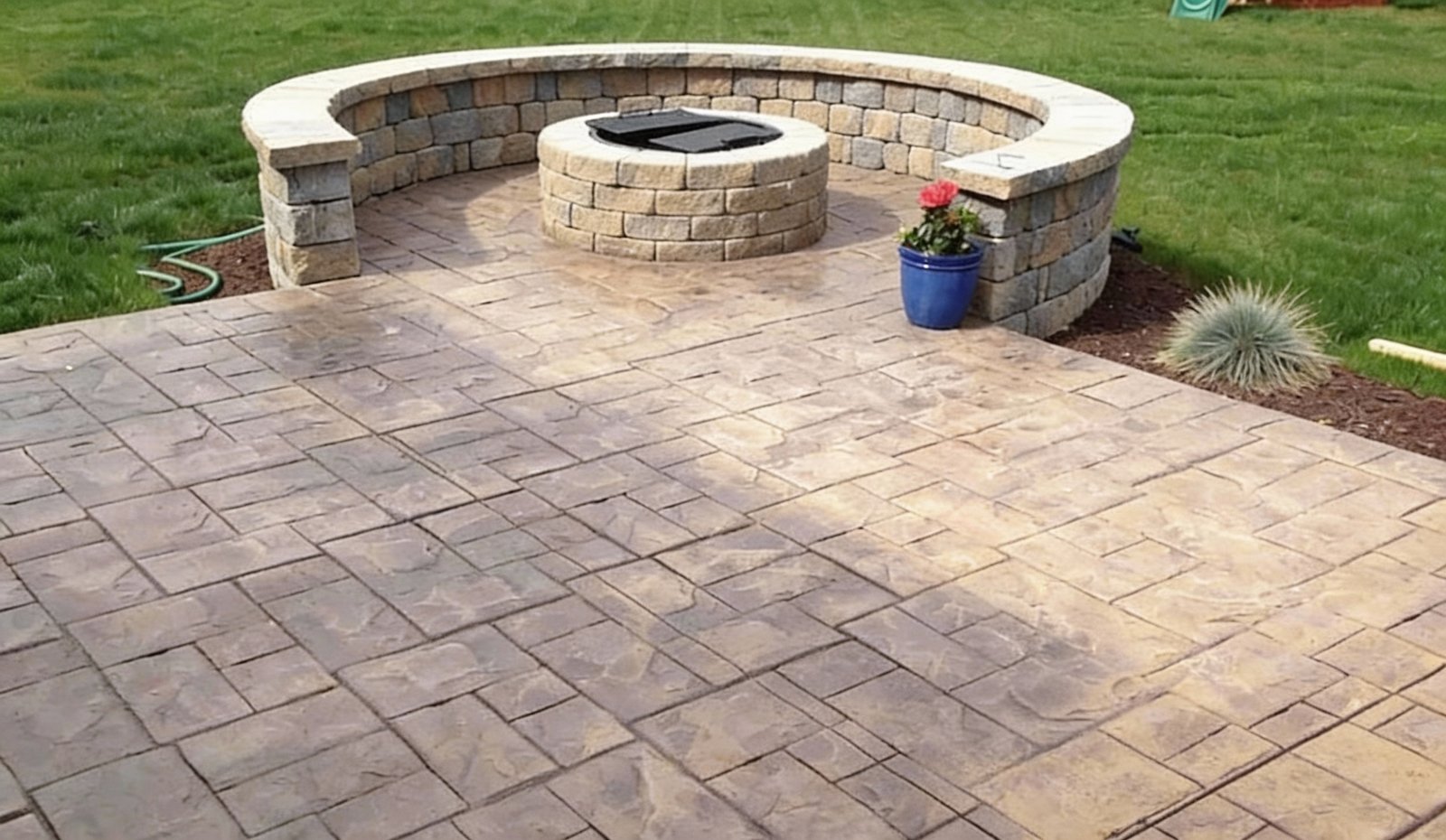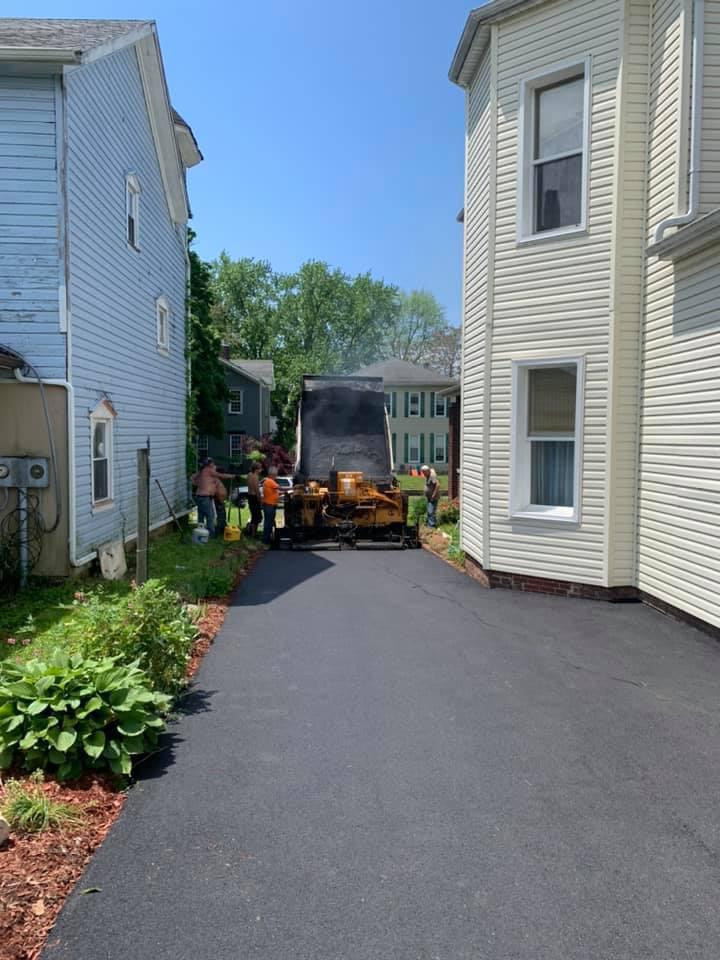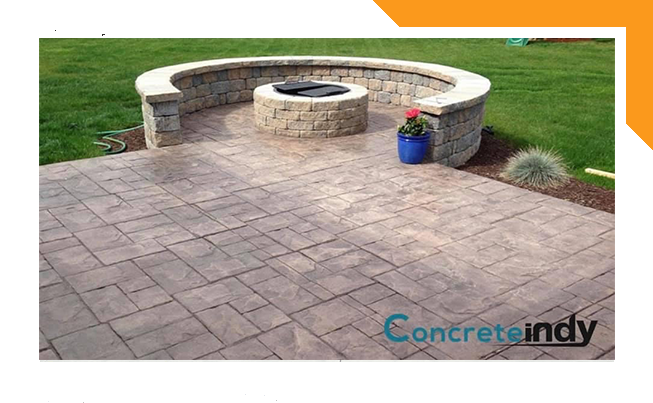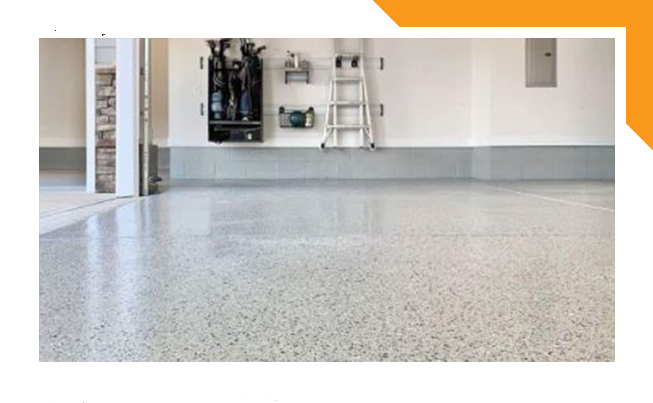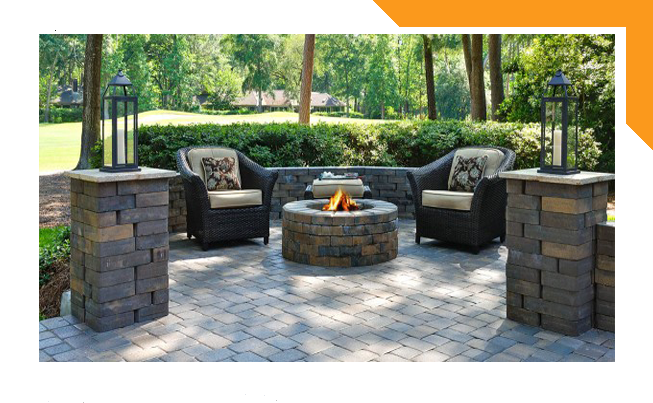Indianapolis Indiana Asphalt Contractor
We offer expert asphalt paving services to Indianapolis as well as all of Central Indiana. We have the knowledge and the experience to get your asphalt project completed right the first time. No unrealistic promises or expectations. We offer both residential asphalt for asphalt driveways and asphalt parking pans, as well as commercial asphalt and paving services, for larger asphalt parking lots or asphalt streets. We offer seal coding and repair services to the entire central Indiana and surrounding counties. We have excellent reviews on Google, Facebook, and HomeAdvisor! Feel free to look us up and compare our reviews to our competitors. We want to be your asphalt paving contractor, and I am sure after comparing us to the competition, you would agree!
Our services include the following. New asphalt driveways, asphalt parking lots, asphalt resurfacing, asphalt pothole repairs, asphalt seal coating, asphalt paving, asphalt removal, and new asphalt paving construction
Before you decide if you want to move forward on asphalt, be sure to compare it to Concrete. Asphalt is definitely the cheaper option but requires yearly maintenance in the future, which will end up costing you more in the end than the concrete alternative. Either way, we would be more than happy to assist you with your asphalt and or Concrete needs.
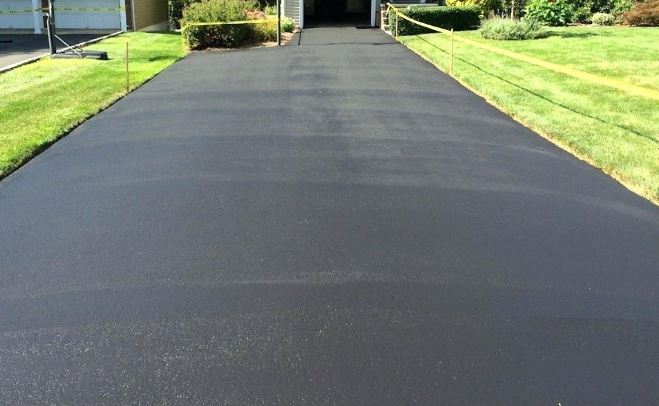
Advantages of Asphalt
- Safe Asphalt pavements offer high skid resistance and provide high contrast in color between asphalt pavement and road markers, giving drivers better road visibility in any weather condition. Unharmed by ice and snow chemicals, asphalt’s dark color also reduces glare and melts ice and snow more rapidly than other pavement types. Open-graded asphalt, a special type of road surface, can minimize splash and spray during rainstorms and reduce crashes and fatalities on highways. Asphalt pavement materials also eliminate potentially dangerous and expensive pavement blowups.
- Smooth Asphalt pavements provide a more uniform surface unmatched by other pavements. Smooth roads are safer because rough, uneven surfaces increase driver fatigue and diminish control. Smooth asphalt roads also reduce rolling resistance (the friction between tires and pavement), which means better fuel economization and reduction of carbon dioxide emissions. Smooth roads allow superior contact with vehicle tires for a safer (and more enjoyable) ride.
Cost-Effective
- Smooth roads aren’t just safer; they also save money. Reduced wear and tear on vehicles due to fewer bumps in the road brings down vehicle operating costs. Also, increasing a roadway’s smoothness by 25% extends its lifespan—upwards of 10 percent—which saves taxpayers money. Asphalt roads can be built more quickly and cost-effectively than other pavements. They can be designed as a Perpetual Pavement that needs only periodic maintenance to remain in good shape indefinitely.
- Quiet Roadway noise is a distraction in your car and at home. Asphalt roads can reduce highway noise by as much as seven decibels. For a scale of reference, reducing noise by just three decibels is equivalent to doubling the distance from the noise source to the listener. Asphalt roads also reduce the need for costly and unsightly sound barriers, often exceeding $2 million per mile.
- Traveler and business friendly Asphalt roads do not require curing time, or extensive site preparation and traffic is permitted as soon as the rollers are finished. They can be paved just a lane at a time, minimizing disruption to citizens and reducing congestion through speedy construction processes, saving taxpayers thousands of dollars in user delay costs. Projects can often be completed in one short day, even overnight, leaving routes open for travelers and providing street access for stores and businesses.
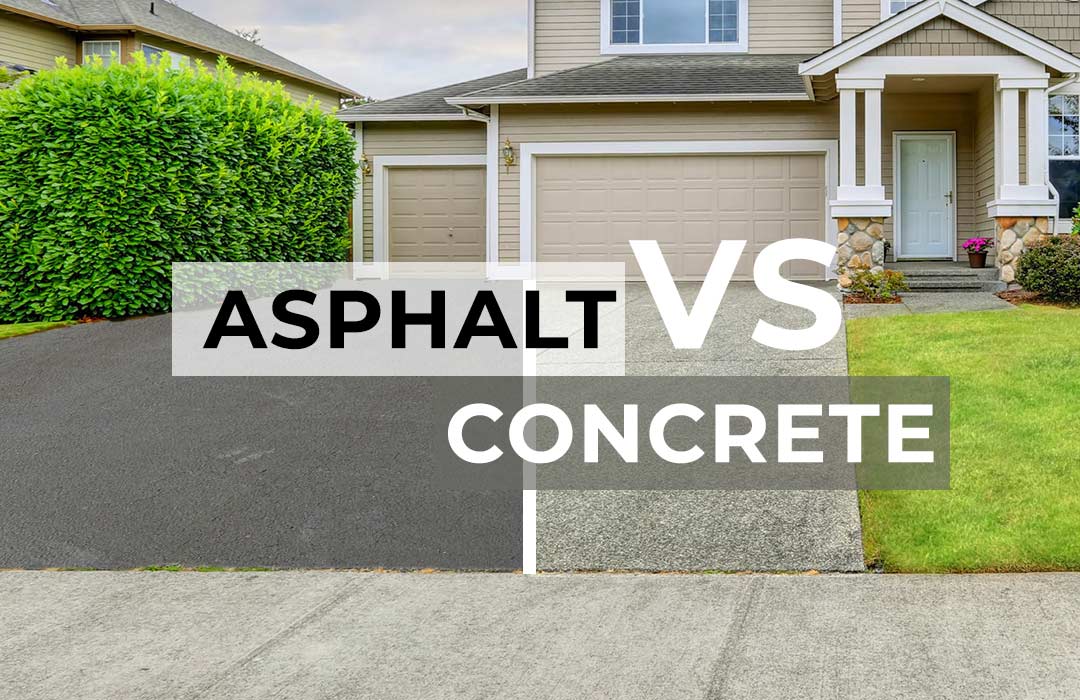
Asphalt is 100% recyclable and is the most recycled product in America. The asphalt industry reuses and recycles 100 million tons of asphalt pavement a year, saving taxpayers over $2 billion annually. Asphalt also requires 20% less energy to produce and construct than other pavement materials. Post-consumer waste such as used tires and shingles can also be reused in new asphalt pavement, reducing landfill space and conserving natural resources.
Asphalt pavements have long lives. All asphalt pavements have a bridging action and are flexible, which means they can withstand occasional overloads without serious damage. They can be designed to suit any conditions of traffic, soil, and materials. Asphalt only needs periodic maintenance to remain in good shape indefinitely.
Asphalt Driveway Pros
Less expensive: Asphalt driveways tend to cost less than concrete ranging from $2.00 to $5.00 per square foot. Long term, asphalt has a lower maintenance cost as cracks are less expensive to fill and also tend to be much more aesthetically pleasing than the look of cracks repaired on concrete. When properly maintained, expensive repairs can likely be avoided.
Asphalt Driveway Cons
It may need resealing within a year or two.
In general, among homeowners, asphalt is not the preferred option for aesthetic reasons.
Concrete Driveway Pros
More aesthetically pleasing, according to homeowners. It can also be decorative if sought after.
It does not need to be resealed.
Generally more durable than asphalt.
Concrete Driveway Cons
More Expensive: Concrete driveway paving typically runs from $4.00 to $7.00 per square foot; however, when decorative details are added, these costs more than double.
Cracks on the surface are more expensive to fix, and the final product of a concrete crack repair does not blend as well as asphalt, making it somewhat of an eye-sore.
Free Asphalt Quote





